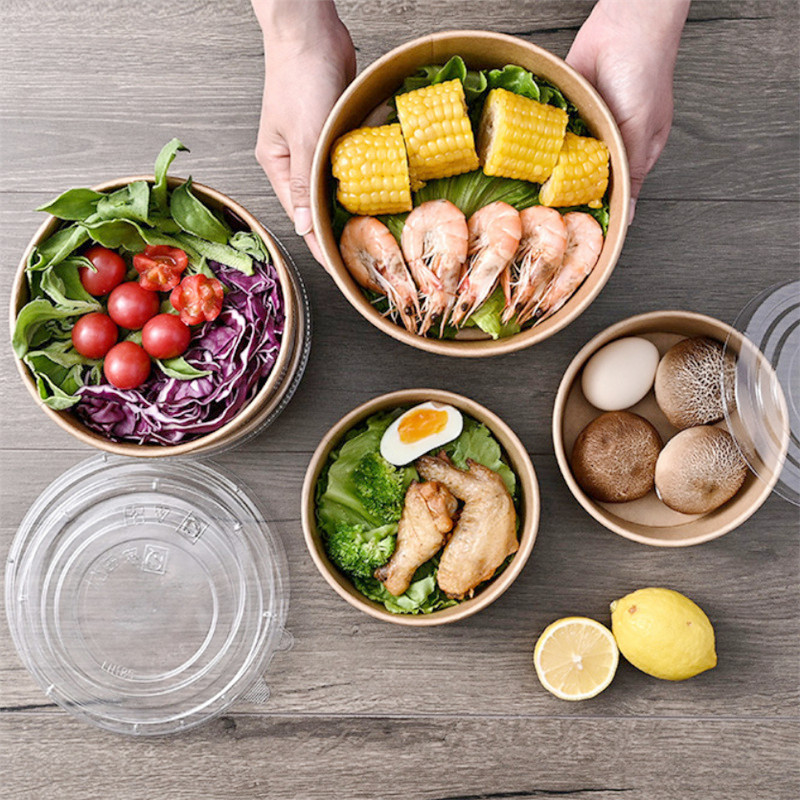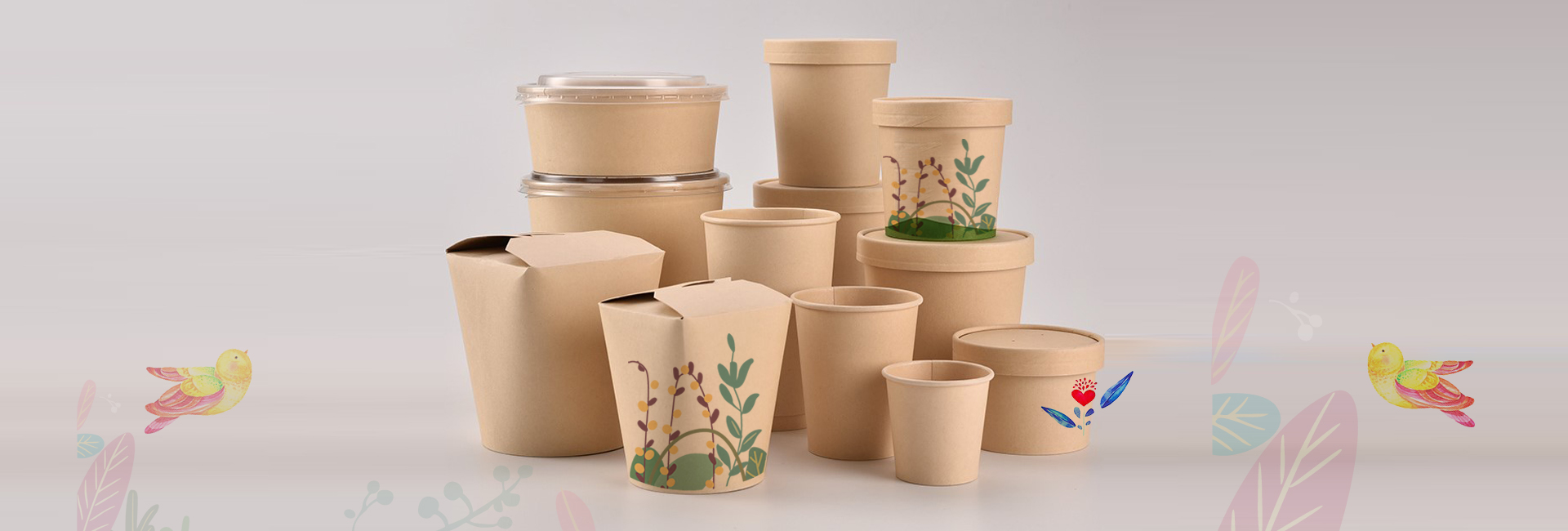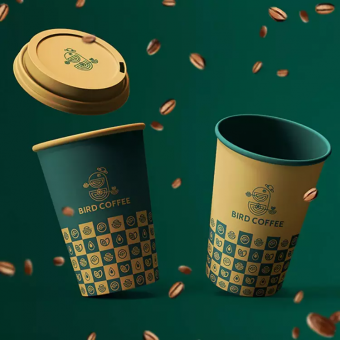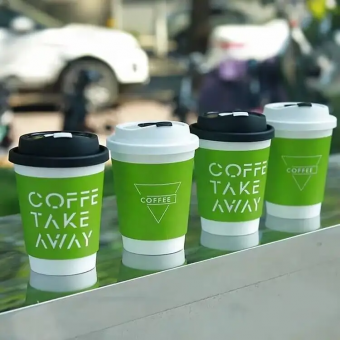
From January 1, 2022, France banned the sale of fruits and vegetables weighing less than 1.5 kg in plastic packaging, involving 30 kinds of fruits and vegetables, including bananas, pears, lemons, sweet peppers, cucumbers and carrots. In 2026, the ban will extend to all fruits and vegetables.
It is estimated that in France, about 37% of fruits and vegetables are packaged, and the new law encourages people to use reusable bags, preventing the use of at least 1 billion plastic packaging each year. According to the "Anti-Waste Law" passed by France in 2020, fruits that are banned from plastic packaging from January 1, 2022 include: apples, pears, bananas, oranges, citruses, lemons, kiwis, grapefruits, plums, melons, and pineapples , Mango, passion fruit, persimmon, etc.
Vegetables that are banned from plastic include leeks, zucchini, eggplant, sweet peppers, cucumbers, potatoes, radishes, carrots, water radishes, tomatoes, onions, kale, cauliflower, pumpkin, parsnips, Jerusalem artichoke and root vegetables. This ban also applies to organic fruits and vegetables, but does not apply to processed products that have been cut or peeled, and it does not apply to fruits and vegetables that are sold in batches weighing more than 1.5 kg and bulk fruits and vegetables that are perishable in the open environment.
However, this measure has not been welcomed by the National Federation of Fruit Sellers, which complained that it is difficult to switch to cartons in such a short period of time. In addition, according to the industry association, French people are more willing to buy packaged fruits and vegetables, and other customers in stores and supermarkets will not be exposed to these fruits and vegetables.
On the other hand, on the issue of plastics, Italy and the European Union are in conflict. Italy is still delaying the implementation of the EU-recommended ban on the use of plastics, which has also put Italy at the center of the storm. Several non-governmental organizations, including Greenpeace, condemned how the Italian peninsula took a step backwards by continuing to promote the use of biodegradable plastics. . Italy's plastic tax has been postponed until 2023. On the contrary, EU directives aim to eliminate all plastics. Gradually, European countries aim to completely eliminate plastic products in supermarkets and restaurants by 2040.


























